by Seth Kaplan | Oct 4, 2013 | Cooperation and coherence, Economics and development, Global Dashboard
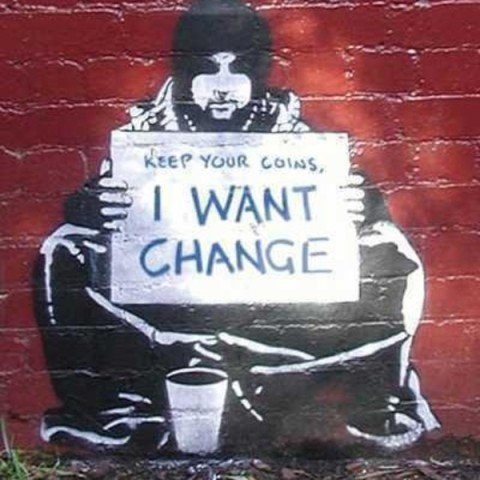 A number of noteworthy reports on institutional change, development, and foreign aid have been published recently. There is much agreement between them, suggesting that we have reached a tipping point in knowledge in this area. I will briefly summarize the results here and provide links for those who want to explore the subject further. (more…)
A number of noteworthy reports on institutional change, development, and foreign aid have been published recently. There is much agreement between them, suggesting that we have reached a tipping point in knowledge in this area. I will briefly summarize the results here and provide links for those who want to explore the subject further. (more…)
by Seth Kaplan | Jun 3, 2013 | Conflict and security, Economics and development, South Asia
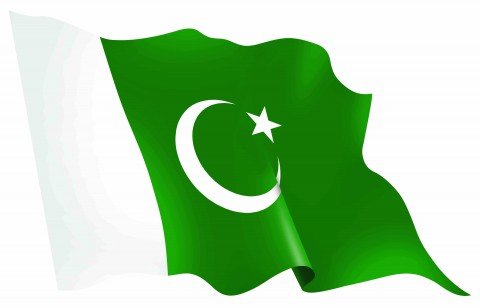
The Limited Access Order (LAO) conceptual framework is an excellent way to understand why developing countries work the way they do, analyze their political and economic dynamics, and formulate policy ideas appropriate to their context. Its focus on power, violence, rents, and elite bargains provides far greater explanatory and predictive power than the standard template that uses developed countries as a model for how countries ought to work. As such, everyone in the development field working in a policymaking role should make use of it.
Created by Nobel Prize winner Douglass North, John Wallis, Steven Webb, and Barry Weingast, the LAO framework argues that:
No one, including the state, has a monopoly on violence . . . An LAO reduces violence by forming a dominant coalition containing all individuals and groups with sufficient access to violence . . . The dominant coalition creates cooperation and order by limiting access to valuable resources – land, labor, and capital – or access [to] and control of valuable activities – such as contract enforcement, property right enforcement, trade, worship, and education – to elite groups . . . The creation and distribution of rents therefore secures elite loyalty to the system, which in turn protects rents, limits violence, and prevents disorder most of the time. (more…)
by Seth Kaplan | May 2, 2013 | Economics and development
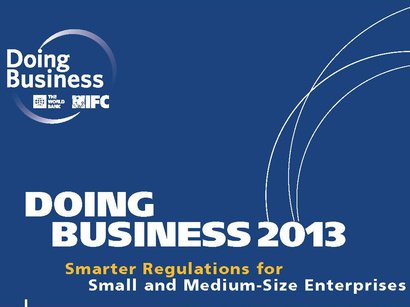
In its 10-year history, the World Bank’s Doing Business Report has achieved enormous influence. The annual study, one of the flagship knowledge products of the World Bank, is the leading tool to judge the business environments of developing countries, generating huge coverage in the media every year. Several countries—such as Rwanda—have used it as a guide to design reform programs. For its part, the Bank has advised over 80 countries on reforms to regulations measured in the DB. Its influence stretches even to academia, with over 1,000 articles being published in peer-reviewed journals using data in the index.
But does it focus on the most important issues for companies in less developed countries?
Based on my own almost 20 years of experience doing business in places such as Nigeria, Turkey, and China, the answer is no. (more…)
by Seth Kaplan | Feb 3, 2013 | Conflict and security, Economics and development
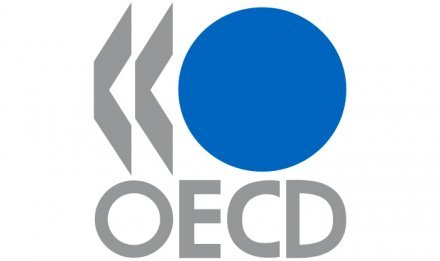
The Organisation for Economic Co-operation and Development (OECD) Development Assistance Committee (DAC) and its International Network on Conflict and Fragility (INCAF) do an admirable job bringing together policymakers, collecting and synthesizing information, and helping set the agenda for donors.
But, as exemplified by Emmanuel Letouzé’s (lead author) and Juana de Catheu (co-author)’s recent report Fragile States 2013: Resource Flows and Trends in a Shifting World, its analysis of fragile states is flawed in a couple of important ways. (more…)
by Seth Kaplan | Jan 16, 2013 | Africa, Conflict and security, Economics and development
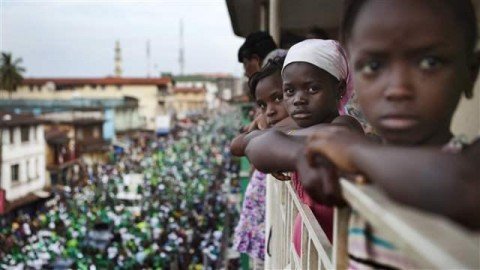
Samuel Huntington argued in his 1968 classic Political Order in Changing Societies that rapid development could be highly destabilizing:
Social and economic change—urbanization, increase in literacy and education, industrialization, mass media expansion—extend political consciousness, multiply political demands, broaden political participation. These changes undermine traditional sources of political authority and traditional political institutions; they enormously complicate the problems of creating new bases of political association and new political institutions combining legitimacy and effectiveness. The rates of social mobilization and the expansion of political organization are high; the rates of political organization and institutionalization are low. The result is political instability and disorder. The primary problem of politics is the lag in the development of political institutions behind social and economic change.
Richard Joseph, a Senior Fellow at the Brookings Institution and a Professor at Northwestern University, discusses a similar point in a recent article on Africa. In it, he introduces the very useful phrase “discordant development,” defining it as:
More than just “unequal development,” but rather how deepening inequalities and rapid progress juxtaposed with group distress can generate uncertainty and violent conflict.
This is a common problem in fragile states. One area moves forward while another area does not — or worse. And because countries are weakly unified, such development is highly discordant, increasing instability by how it increases the exclusion — and feelings of exclusion — of certain groups. (more…)
 A number of noteworthy reports on institutional change, development, and foreign aid have been published recently. There is much agreement between them, suggesting that we have reached a tipping point in knowledge in this area. I will briefly summarize the results here and provide links for those who want to explore the subject further. (more…)
A number of noteworthy reports on institutional change, development, and foreign aid have been published recently. There is much agreement between them, suggesting that we have reached a tipping point in knowledge in this area. I will briefly summarize the results here and provide links for those who want to explore the subject further. (more…)



